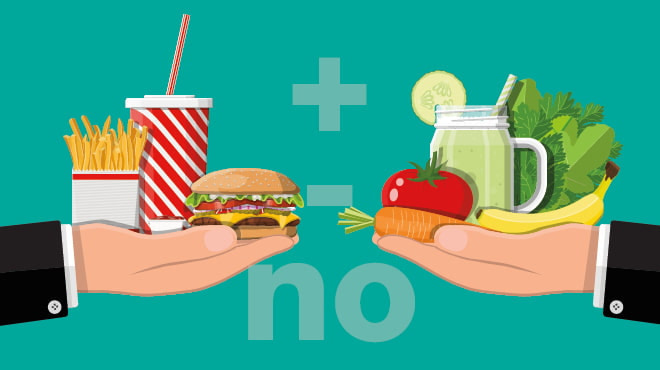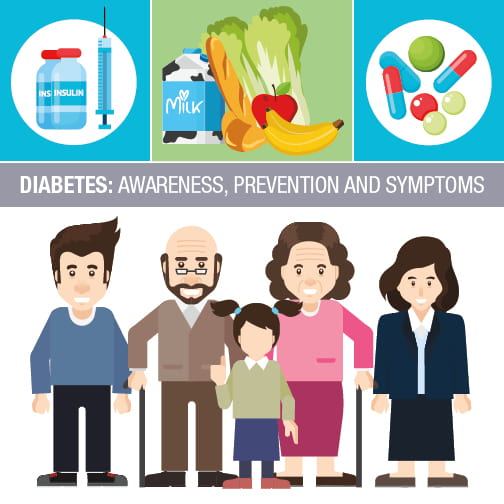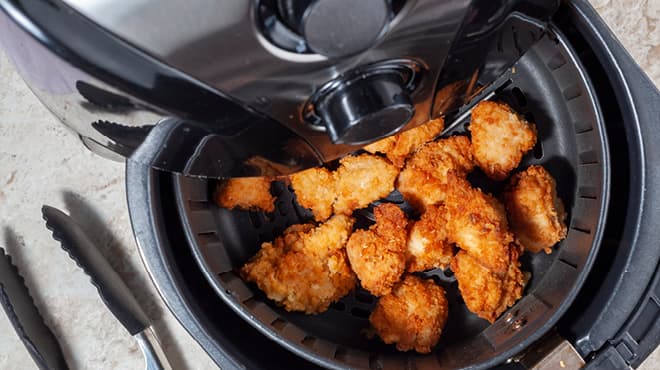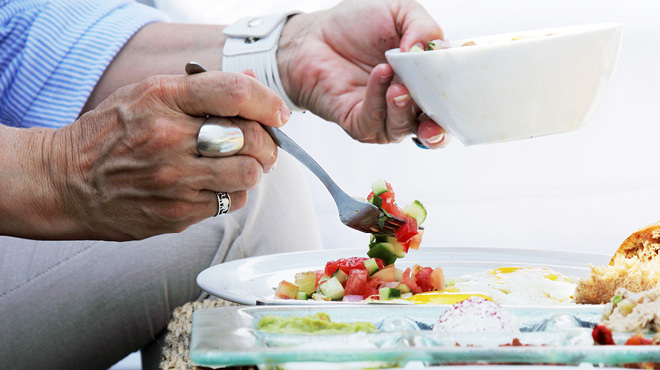
Hometown Health Blog

Is your cough acute bronchitis?
Learn how a lingering cough may be caused by acute bronchitis.

Newborn jaundice and light therapy
Jaundice is common and often harmless, but some babies require treatment to prevent complications. Understanding jaundice and how it's managed can help parents feel prepared.

A lifesaver saved: An EMS veteran’s journey from rescue to recovery
After dedicating 43 years to Emergency Medical Services (EMS), Don Hauge suddenly found himself on the receiving end of the very care he once provided.

How to help your child reach a healthy weight
New findings show that "baby fat" doesn't routinely melt away as children grow. Now's the time to help a child struggling with obesity reach a healthy weight. These tips can help you on this journey.

3 steps to control your environment and weight
When you think about managing your weight, eating healthy foods and physical activity come to mind. But have you thought about your eating environments? Tackle them with some addition, subtraction and saying no.

Think outside the cereal box
Are you skipping breakfast because you think it will help you lose weight? We'll explain why you should think differently.

Clean eating: What does that mean?
Most Americans eat a diet rich in heavily processed foods packed with fat, sugar, sodium, chemicals, preservatives, food dyes and other additives. Learn how and why clean eating can be a healthy way of living.

Life with diabetes: What happens as we age?
If you have diabetes, you might encounter the effects of complications as you move into the latter part of your life. According to the Centers for Disease Control and Prevention, 50 percent of adults age 65 and older have prediabetes and 25 percent have diabetes.

Understanding the complex health risks of wildfire smoke
Wildfire smoke can affect air quality in areas thousands of miles away from active wildfires. Learn how to monitor air quality indexes to be aware of the air pollution in your area.

Don't fall for fad diets
Hear about a diet plan that seems too good to be true? It probably is. Learn the signs of a fad diet and three key elements in all healthy plans.

Reasons to love your new air fryer
Does the thought of using an air fryer intimidate you? With these tips, you'll get acquainted your new appliance, and soon you'll wonder what you did without it.

Strategies to control portions
Knowing how to eat healthier can help you take control of how much you eat each day. Start with these tips to remind you of easy ways to judge food portions.
